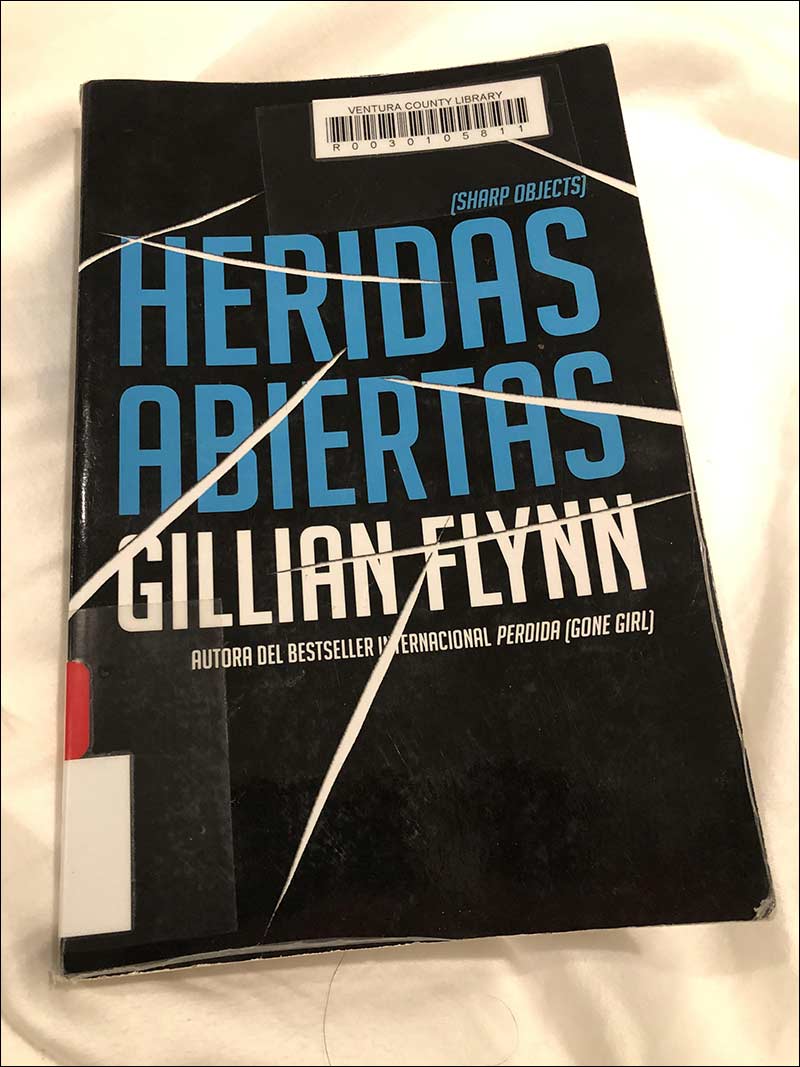I woke up last night around 2:30 am and I was AWAKE. I lay there for a few minutes and realized I would not be falling asleep again anytime soon.
This happens now and again. I have no idea why.
Occasional trouble sleeping is a problem which arrived to me in my fifties. I try to get a vigorous workout almost everyday, else I have little appetite and restless sleep. Usually the workout works. I sleep well.
But not last night.
Who knows why?
I suspect it is a function of age. As William Shakespeare compared youth and age with respect to sleep:
Care keeps his watch in every old man's eye,
And where care lodges, sleep will never lie;
But where unbruised youth with unstuff'd brain
Doth couch his limbs, there golden sleep doth reign
So true!
I could sleep 11 or 12 hours at a stretch in adolescence. My daughters, during their biggest growth spurts, could do the same. But as our bodies grow up and slow down, our sleep similarly diminishes in quality and length.
I have heard women around my age suffering perimenopause who claim to have gone years without a full night of uninterrupted sleep. As their ovaries shut down, levels of hormones fluctuate hugely in their bodies. This triggers major changes in their physiology and chaos with their emotions. Mood swings can be sudden and violent. Menopause is no joke. It is almost all chemical.
Fortunately for me, men do not have the sudden drop off of hormones which women suffer in menopause. Instead of having our hormones drop off a cliff, our hormones slide away slowly but surely over many years. Every year you lose a bit more of your production of testosterone. From one year to the next there is no huge change, but give it five or ten years and the change is huge cumulatively. The result is the same with men as with women: the end of anything resembling youth, the beginning of old age.
At any rate, I now know better than to lie there in bed and worry about failing to fall back asleep, if sleep won’t come. Lying there frustrated can just make it worse. Better to get up and lay back down later when you’re tired. I also know if I look at some computer screen – my iPhone, in particular – I will have even more trouble falling asleep. Digital displays do not quiet my mind. I need to read a book – not on a Kindle app, in an audiobook, or anything of that sort involving computers – I need to read a good ol’ fashioned book printed on paper. If I lose myself in a book for some time, my mind quiets. Almost imperceptibly I become heavy-lidded, and finally I fall asleep without difficulty for whatever portion of the night is left.
So last night after I woke up I went downstairs so as not to disturb my wife. I turned on the light, lay down on the couch, and started reading the novel “Sharp Objects” by Gillian Flynn translated into Spanish by Ana Alcaina (“Heridas Abiertas”). It is a tawdry and fun read – the kind of cheesy novel you want to read during an airline flight – an entertaining, if frothy and lightweight, book. It is like eating In-And-Out fast food which smells and tastes so good in the restaurant, but leaves you feeling a bit greasy and sick as you try and digest it. But the book I was reading was translated into Spanish, and that is exactly what I was looking for – an easy read in what is for me a second-language. I understand only about 75% of what I am reading, and so that makes the entire story a bit blurry. But struggling with the Spanish language, and learning more of it, is precisely the point; the learning is in proportion to the struggle. So give me the struggle! I read for a full two hours before I went back to sleep. I could have gone to sleep much earlier, but I was enjoying the story. I held on until 4:30 am and then went back to sleep.
I woke up feeling rested at 7:15 am.
I was good until later that afternoon. Then the lack of sleep hit me.
But I slept well that second night. I was exhausted.
It makes me think about sleep and aging. I have many complicated questions and few clear answers.
Why is it that young people sleep so deeply and so long? Is it all the human growth hormone that is released in sleep? The body growing stronger in sleep? And older people whose bodies are in long slow decay… is that why they can’t sleep well? Why do the brains of the elderly find it so hard to escape for long into deep sleep?
To be young and to sleep is to fall into an almost foreign land of oblivion populated by strange, vivid dreams. Then you are fully awake all the next day until late in the evening.
To be older is to sleep shallowly and to wake up early, it seems to me. But you feel the need for a nap in the afternoon. You are never really that deeply asleep, and you are always sort of sleepy. Life becomes thinner and you are always paying attention, more or less, even in sleep. A thorough rest eludes you.
In contrast, young people sleep deeper at night, but are more awake during the day. There is a clear division between night and day. There are the long hours of deep sleep at night and the long hours of activity during the day; one wants to stay up late, and sleep in late. It is just the opposite for older people who go to sleep earlier and wake up even earlier. Old men wake up at 4:30 am. For younger people that is a Godforsaken time of the day.
When I was a teenager, I needed an alarm clock. I once slept through it and arrived late to a college final exam. Yikes! But I have not needed an alarm clock since I was in my 30s. I sleep more shallowly and just wake up naturally on time. My older daughter, in contrast, sleeps like a rock. It takes a bomb to wake her up. She is 15-years old.
There are pros and cons in both youth and age. Like in almost everything else, there are no easy solutions – there are just trade offs. Maybe one benefit of being older is you are grateful for anything you are lucky enough to have. And the ability to regulate your emotions, which older people are generally much better at than younger people. This is not always true, but it is usually true. Youth can be a plague of angry emotional dysregulation, which many do not survive. But it is also a time of vibrant richness, a profound emotional resonance – a hormone-filled craziness, full of dramatic ups and downs. I sometimes miss it. I have always loved the “Lines Written in Dejection” poem by W.B. Yeats:
WHEN have I last looked on
The round green eyes and the long wavering bodies
All the wild witches, those most noble ladies,
Their angry tears, are gone.
The holy centaurs of the hills are banished;
Heroic mother moon has vanished,
I must endure the timid sun.
Yes, those who are older have their own struggles, as they endure yet again “the timid sun.” They suffer a sameness to their days which can steal the savor of life. Life in old age can be thin, like too little butter spread over too little toast. Time, sluttish time. It never stops. There is always more of it. Today, tomorrow, the day after that. One becomes weary. Living forever seems more like a curse than something to be desired. Would immortality be a boon? Or a burden?
I have other questions: Is aging merely a state of mind? Is age just a number? I have heard some vigorously argue this. Or is there a physiological basis to an aging body which affects the brain? And therefore affects mental health? A mix of both? How? Why? To what extent?
I don’t know.
But I do know a lack of sleep can be a plague. Chronic insomnia can be a dangerous medical condition. Torturers sometimes deprive their victims of sleep as a form of torture. It is effective. For me insomnia is an occasional misfortune, fortunately.
I hope for you deep and restful sleep, my dear reader.
Don’t take it for granted.






